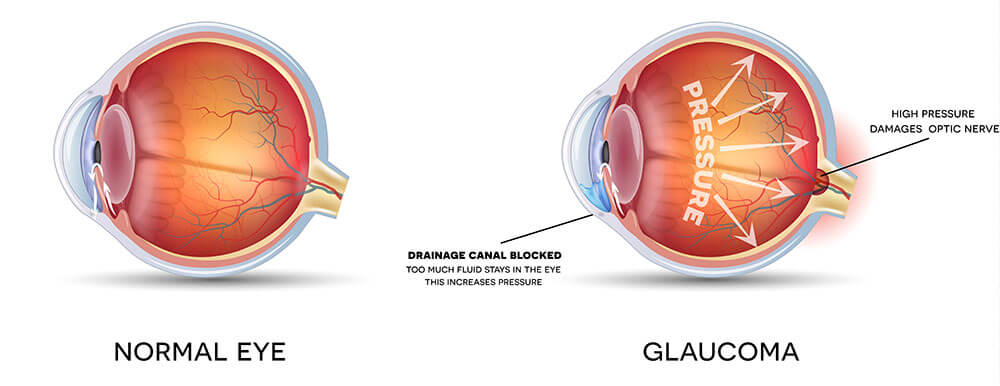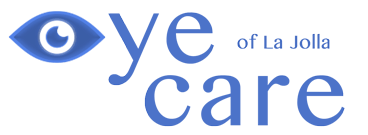
Glaucoma Treatment at Eye Care of La Jolla
Glaucoma affects millions of older men and women, and regular eye exams are critical for preventing vision loss. At Eye Care of La Jolla, Dr. David Michelson and Dr. Matthew Kirk use advanced techniques to diagnose and treat glaucoma in men and women throughout the San Diego area. Glaucoma doesn’t always have symptoms, so scheduling an exam with our doctors is the first step you can take to ensure lifelong eye health and avoid permanent loss of sight from glaucoma-related conditions.
What is Glaucoma?
Glaucoma is an eye disease that results in damage to the optic nerve, the nerve bundle that travels from the back of your eye to the brain and back, transmitting “messages” about what you’re seeing so those messages can be “translated” into actual images. The disease occurs when the natural fluid inside your eye doesn’t drain properly, causing the fluid to buildup and press against the nerve and causing damage that cannot be reversed.
How is Glaucoma Diagnosed?
Glaucoma is diagnosed during your comprehensive eye exam. We perform tests aimed at measuring the pressure inside the eye. Patients may require a dilated exam, which can enable Dr. Michelson and Dr. Kirk to look for changes that occur deep inside your eye when glaucoma is present. Glacuoma seldom has symptoms until vision loss occurs, making regular eye exams with Eye Care of La Jolla especially important.












